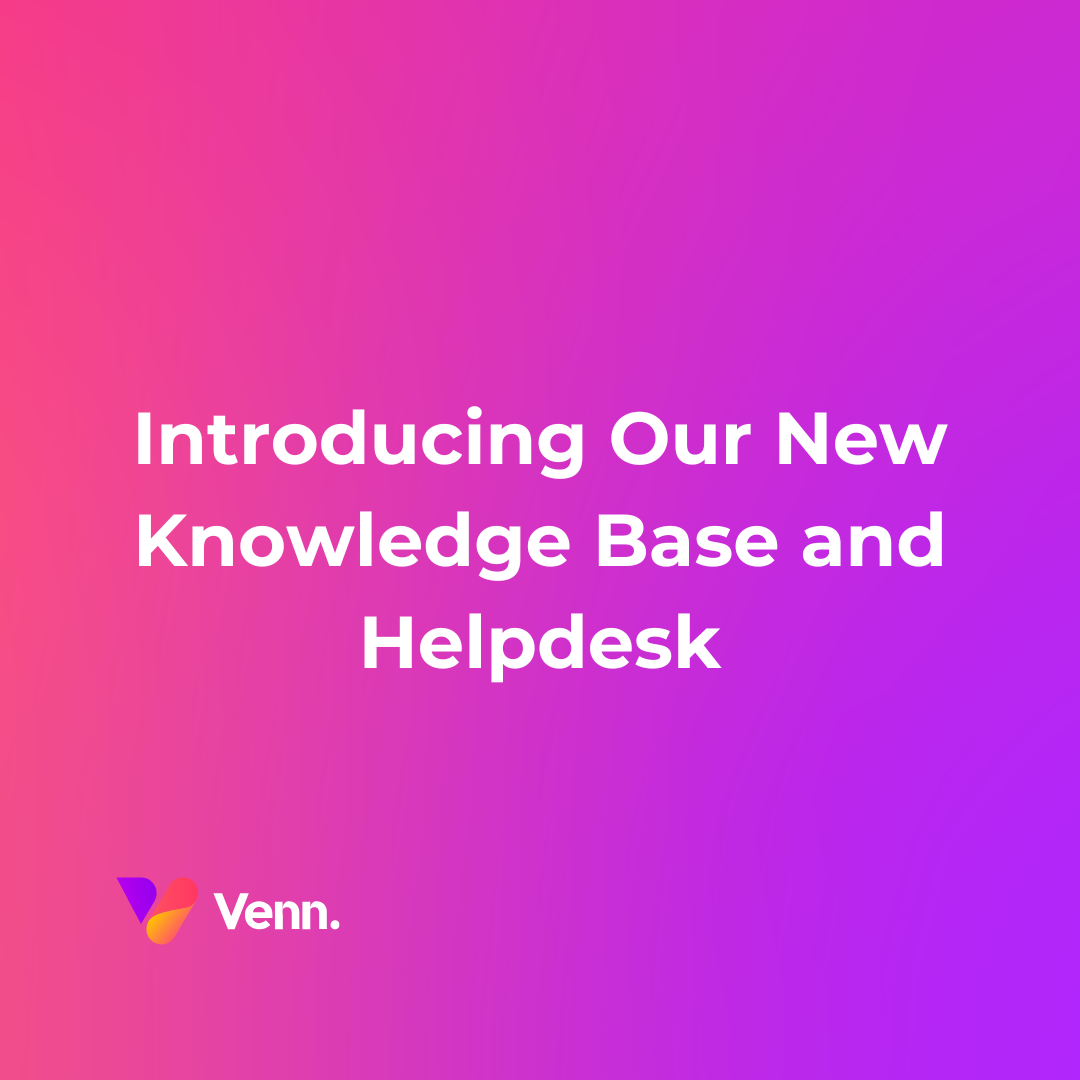
Explore our NEW Knowledge Base and Help Desk to find everything you need to attract, engage and convert talent with your Vennture website.
Discover More
Whether you like to admit it or not, the recruitment sector typically has a high staff turnover rate. It can be disappointing, but there’s still plenty more recruiters looking to take their place and prove themselves.
It’s just a fact, pigs can’t fly, an Oasis reunion wouldn’t be as good as everyone thinks and recruiters are always looking for their next opportunity.
The worst part of this turnover may seem like the need to find new people to bolster your ranks, but in reality, it’s the risk to your data. Recruitment agencies across the world have databases filled with contact information, work history and financial details that is critical to their operation. This information is valuable to all sorts of people outside your business and with the GDPR deadline closing in, there’s more pressure than ever to keep data safe and secure.
Regardless of how a recruiter left a business, on good or bad terms, there’s an urgent need to ensure that they can’t access any of the software or databases that are used on a day-to-day basis. Failure to do so could give your ex-employee, now an external party, access to all the personal data and information your company holds.
In the recruitment sector, your competitive edge can often come from the contacts you’ve made and the relationships you’ve forged. If an ex-recruiter is able to access this data, then they could try to poach clients and candidates, weakening your advantage.
From updating passwords to revoking access from certain devices, when someone leaves a business there’s plenty to do. However, depending on how frequently employees come and go, it can be easy to forget about the lesser used apps. This can lead to some gaping holes in the security of your data and with databases filled with confidential business and candidate information, a breach can be devastating.
It’s not only ex-employees you need to be wary of, hackers and cyber-criminals all over the world are always finding innovative ways to probe your defences and gain access to the confidential information you’re holding. Typically, stolen data is sold on the infamous dark web and it’s not just your bank account details they’re after. According to an article on Civil Society, a full record of information can be worth up to $28, health records go for $2.50 and quite surprisingly, credit card details only get around 25 cents.
While a data breach can lead to monetary loss, it also causes further damage to a company’s reputation and the confidence of clients and candidates. With not just data, but the bottom line and reputation at stake, more needs to be done to make these records secure.
Utilising a Single Sign-on service ensures that only the correct people are accessing your data, giving you complete control over what each device can log in to and reducing the risk of a data leak. As an added bonus, all this is streamlined through one central set of credentials that only the relevant people will have access to.
The problem with having to change passwords for company tools every time someone leaves, is that high turnover sectors such as recruitment can often leave you trying to come up with a new, secure password every few weeks. Services like Single Sign-on (SSO) means that you are in control of which users have access to the various applications you use throughout your day to day work.
SSO allows your IT personnel to monitor who is accessing your applications and from which devices. It also grants visibility to a wide range of other factors, such as showing which devices aren’t fully secure and blocking access to any that may be a risk.
This eliminates the worry that an ex-employee will try to sign in and access your data as the SSO service gives you complete control over user access and can even monitor their activities. Alongside this, it also provides users with one secure login to all your apps and systems throughout the business, eliminating the issue that comes with having different passwords for each system.
The recruitment sector spends years and entire careers building databases full of contacts, and the damage caused by accidently sharing information can be irreparable. Your recruitment data is potentially one of the most important assets you hold and making sure it’s as secure as possible is vital to the continued success of your business.
Utilising Single Sign-on can be a first step towards a stronger identity and access management process and while many are stuck on the belief that it would be ‘a nice thing to have’, it’s swiftly becoming the norm.
We have partnered with IT Lab who specialise in IT support and technology and are one of Venn’s clients, to provide an added level of support when it comes to keeping data safe.
Pete Wilson, Technical Design Authority at IT Lab, commented on the need for better access management:
“No company uses a single application, so you are always going to have a spread of apps; the goal is to consolidate them under a common identity.”
Logging in to the variety of services and applications one identity at a time is swiftly becoming archaic and with Single Sign-on you can both further protect your precious recruitment data and finally end the juggling act that comes with a variety of usernames and passwords.